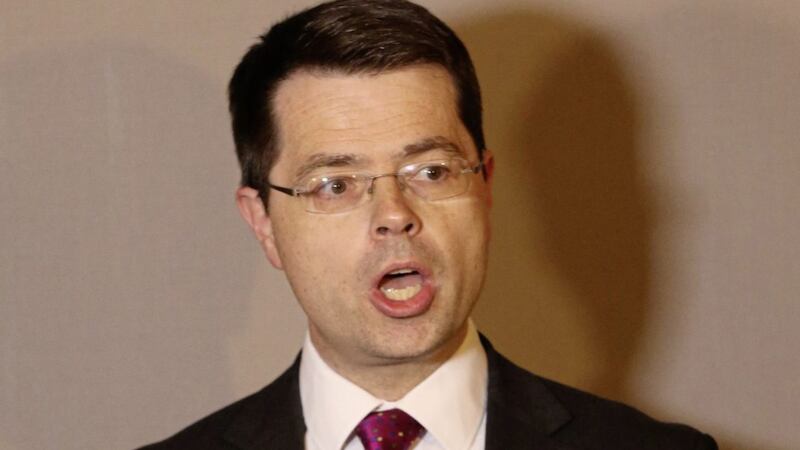JAMES Brokenshire has a point - but not the one he thinks he has.
As secretary of state, Mr Brokenshire has complained that criminal inquiries into Troubles-related killings have a "disproportionate" focus on investigating former British soldiers.
His remarks have been challenged by the Lord Chief Justice and the Director of Public Prosecutions and, as has been reported, the bulk of prosecutions since 2011 have been against republicans.
So there appears to be little evidence to suggest imbalance against the army. However, if we go beyond Mr Brokenshire's narrow concept of political unfairness, we can identify at least three areas of imbalance in the investigations.
All three relate to the British military: inquiries tend to centre on soldiers at the bottom of the chain of military command; they have concentrated on uniformed soldiers rather than plain clothes operations; killings carried out by British agents and informers within paramilitary groups are likely to be blocked by "security considerations."
It may not quite be the sort of imbalance which Mr Brokenshire had in mind. He was right - but for reasons which do not appear to have occurred to him.
Investigating only those in the lower ranks implies that responsibility for army killings lies solely with those who pulled the trigger. This is not to suggest that those who fired fatal shots should not be prosecuted, but soldiers normally open fire only when ordered.
If soldiers act under orders, should they be prosecuted or should responsibility rest with a higher authority, perhaps in the context of conspiracy to kill? Prosecuting only what soldiers call the poor bloody infantry would appear to reflect imbalance, but not as Mr Brokenshire understands it. (It will be interesting to note the ranks of those charged.)
Soldiers who shoot without orders should be subject to military disciplinary procedures and, if necessary, handed over to the civil authorities for appropriate criminal proceedings. If no soldiers were referred to the police following Bloody Sunday, for example, why should they be charged now? If they should, why should those who failed to hand them over at that time not also be investigated, possibly for perverting the course of justice?
Army (and paramilitary) killings represent the tip of a large and complex iceberg, made up of often untraceable decision-making, in pursuit of military and ultimately political objectives. Who will investigate the decision-makers, both military and paramilitary, who ordered the killings?
Soldiers on all sides are taught only to kill. Having done Britain's dirty work across the world, former soldiers return as old men to the industrial wastelands from which they came. Their skills are redundant, but their actions are still liable to the law, apparently unlike those in higher authority. Many former paramilitary members know the feeling.
In terms of covert military operations, there appears to be little prospect of prosecutions. For example, the Military Reaction Force (MRF) used soldiers in civilian clothes from 1971 to 1973 to kill both IRA members and civilians in no-warning shootings, mainly to inflame the sectarian conflict and draw IRA fire away from the army.
It has been claimed that the MRF organised the bombing of McGurk's Bar in 1971. If Edward Heath knew about torture here in the early 1970s, did he and some of his colleagues who are still alive also know about McGurk's Bar? Where does the buck stop?
MRF was followed by the Special Reconnaissance Unit and the Field Reconnaissance Unit, both of which actively co-operated with loyalist paramilitaries. We will never know the full extent of the state's actions in this context, which suggests a degree of imbalance which Mr Brokenshire appears to have overlooked.
Finally, many killings by paramilitary groups, both republican and loyalist, were carried out by informers or agents, sanctioned by the security services. Investigations into these cases might reach too highly into the upper levels of the British state and the paramilitaries to make comfortable reading for either.
Mr Brokenshire went to a football match last week-end. It is hard to avoid the conclusion that his comments on historical investigations were just another political football, for the gratification of his electorate.
However, the killings here are too serious to be kicked about. They are about human lives, the break-up of families, the heartbreak of children, the futility of sectarian violence.
Sadly, we will never know the truth about most Troubles-related deaths and while investigating a handful of killings by the army and paramilitaries will help some grateful families, it will do little to reveal that overall truth.
But then the truth and the peace process have never sat comfortably together.









